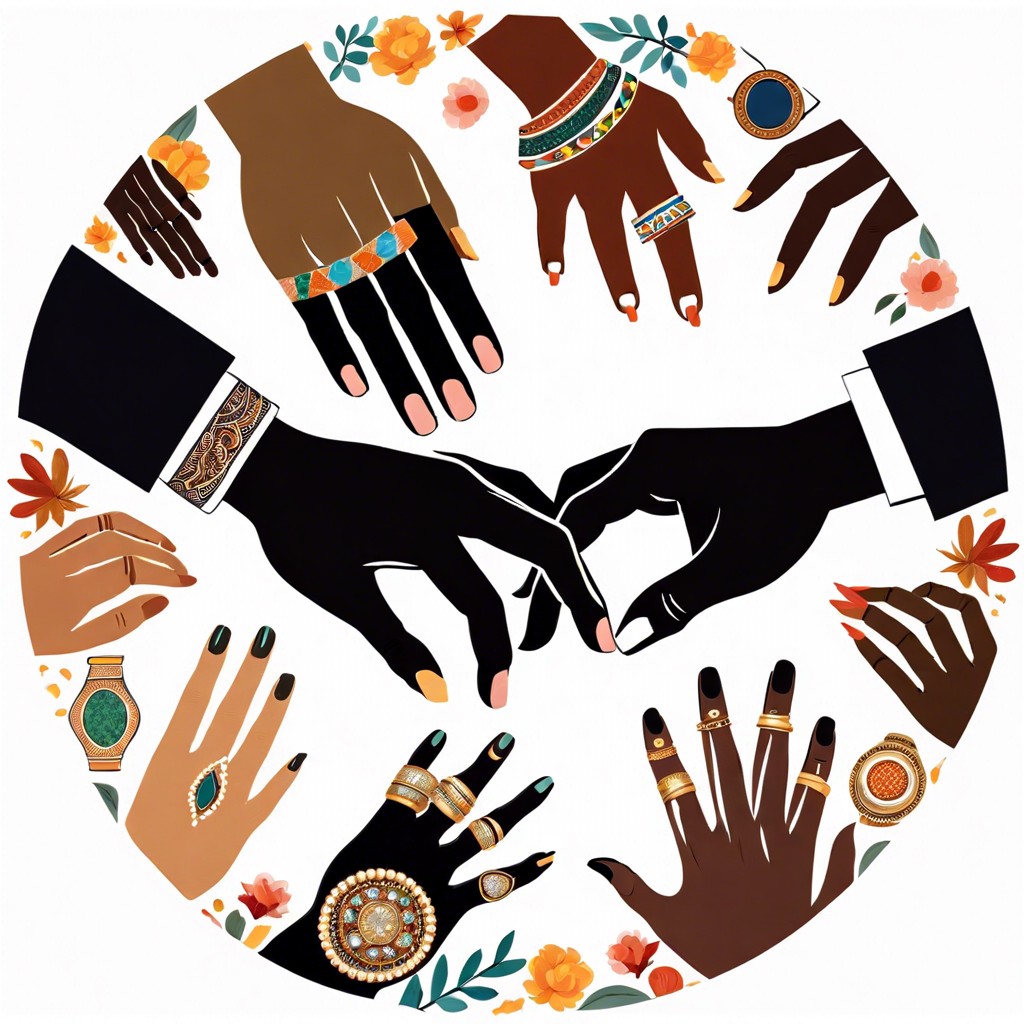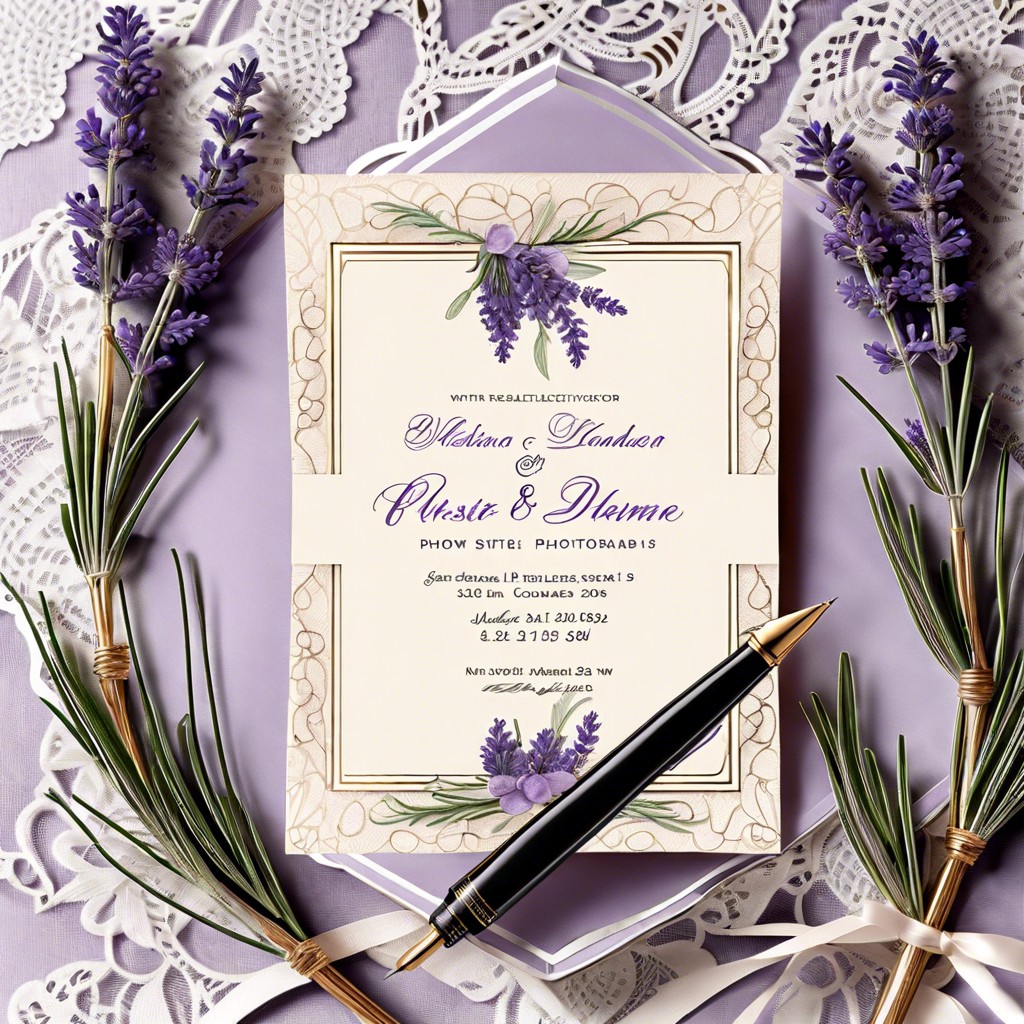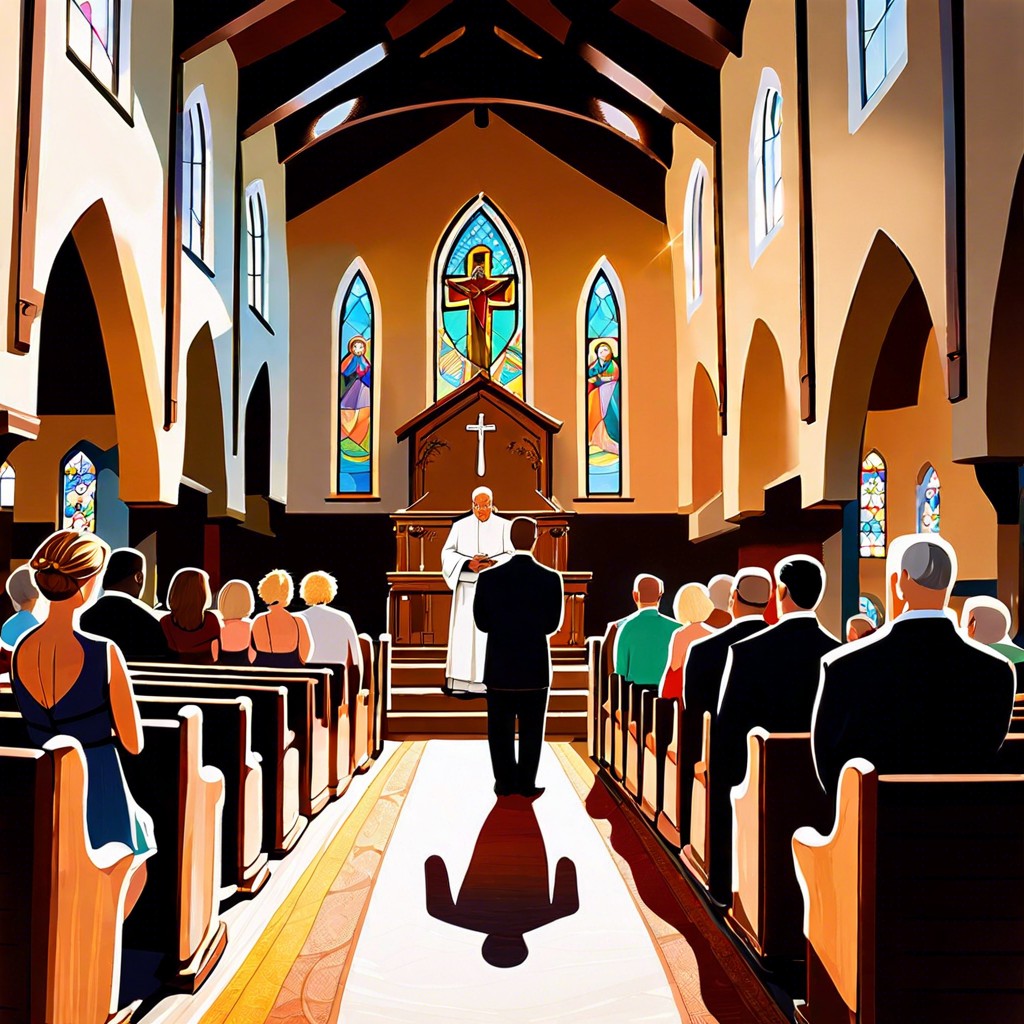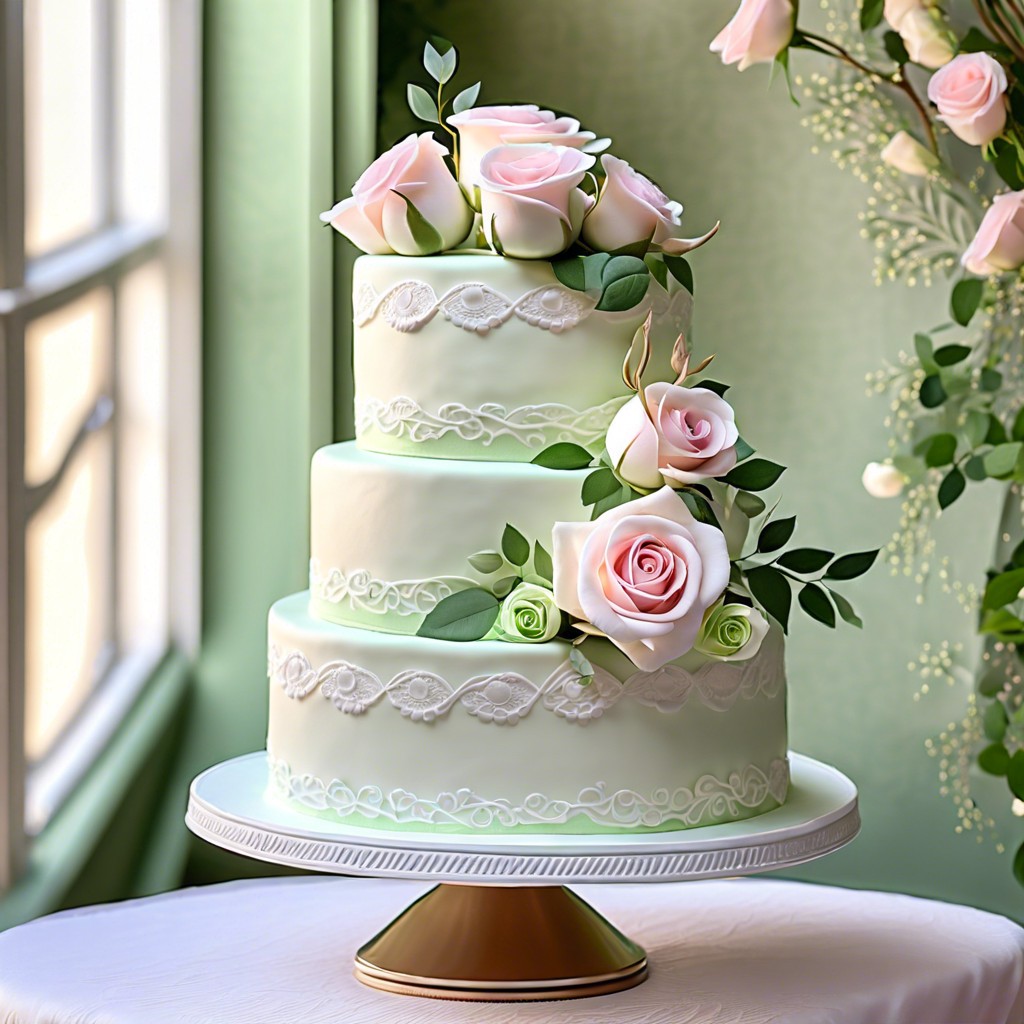This article will provide a clear and straightforward explanation of wedding photography prices, covering various factors that influence cost and how to budget effectively for these essential services.
Key takeaways:
- Wedding photography prices can range from ,000 to ,000 or more.
- Factors that influence prices include experience, location, time coverage, package details, date, and travel expenses.
- Wedding photography packages often include coverage time, number of photographers, post-processing, digital gallery or prints, travel expenses, extra sessions, and rights and usage.
- Allocate 10-15% of your overall wedding budget for photography.
- When pricing your wedding photography services, research local market rates, factor in experience and expenses, determine working hours, offer packages, and adjust for special requests.
Wedding Photography Prices: What Numbers to Expect

Expect a significant range in pricing across different photographers and regions; wedding photography can cost anywhere from $1,000 for newer photographers to $10,000 or more for seasoned professionals with high demand.
On average, couples in the United States spend between $2,500 and $5,000 on photography services for their wedding.
Keep in mind that these figures can vary widely based on several factors, including the photographer’s experience, the length of coverage (number of hours), the event’s location, and the package inclusions such as engagement shoots, photo albums, or additional shooters.
It’s essential to review the photographer’s portfolio and understand what’s included in the package to ensure the investment aligns with your expectations and wedding budget.
What Affects Wedding Photography Prices?
Several factors influence the cost of wedding photography, shaping the overall investment you’ll make to immortalize your special day.
- Experience and Expertise: A seasoned photographer with a strong portfolio and reputation often commands higher fees due to their proven track record.
- Location: Photographers in metropolitan areas or regions with a higher cost of living typically charge more than those in rural settings.
- Time Coverage: The number of hours a photographer is required to shoot can significantly alter the price. Full-day coverage will cost more than a ceremony-only shoot.
- Package Details: Packages that include multiple photographers, engagement shoots, special edits, or albums will increase the cost.
- Date and Season: High-demand dates, such as Saturdays during peak wedding season, often result in higher rates due to increased demand.
- Travel Expenses: If the photographer needs to travel to your venue, additional fees for transportation, accommodation, and meals may apply.
Understanding these variables can help you navigate the pricing landscape and set realistic expectations for your wedding photography budget.
What’s Included in the Wedding Photography Price?
Understanding what’s covered under the cost of wedding photography ensures you’re making an informed investment. Common inclusions are:
- Coverage Time: This typically ranges from partial-day (4-6 hours) to full-day coverage (8-12 hours).
- Number of Photographers: Some packages include a second shooter for additional photos and angles.
- Post-Processing: Look for details on how many images will be edited and the turnaround time for final delivery.
- Digital Gallery or Physical Prints: Many photographers offer access to a digital gallery, while prints or albums may be priced separately.
- Travel Expenses: If your venue is far from the photographer’s base, travel fees might be applicable.
- Extra Sessions: Engagement shoots or post-wedding sessions could be part of the package or added as separate services.
- Rights and Usage: The contract should specify usage rights for the photos and whether you’ll receive watermarked or non-watermarked images.
Being clear on what you’re paying for will help you make the best choice for your wedding day memories.
How Much Should You Invest in Wedding Photography?
Allocating funds for wedding photography can be a delicate balance, aiming to capture your special day without breaking the bank. Traditionally, couples earmark 10-15% of their overall wedding budget for photography. It’s essential to prioritize aspects such as the photographer’s experience, their portfolio, and the scope of services offered. If photography holds a place of high importance for your wedding memories, consider investing more towards this aspect.
Here are key points to consider when deciding on your investment:
- Photographer’s Expertise: Seasoned professionals typically command higher fees due to their experience and demand.
- Photography Style: Ensure the photographer’s style aligns with your vision. Artistic or highly edited photos might cost more.
- Package Details: Assess what’s included in the package – number of photographers, hours of coverage, number of final images, rights to the photos, and albums or prints.
- Additional Sessions: Engagement photos, rehearsals, or post-wedding shoots can add value but also increase costs.
- Post-Production Quality: High-quality editing and retouching services may lead to higher prices but ensure a polished end product.
- Travel and Accommodation: If the photographer needs to travel to your wedding location, remember to account for their travel and accommodation expenses.
- Insurance and Backup: Professionals will have equipment and liability insurance, along with backup gear, which can influence pricing.
By considering these factors, you can gauge the right amount to invest, balancing cost with the significance of immortalizing your wedding day through photography.
6 Steps for How to Price Wedding Photography
1. Research Local Market Rates: Start by investigating what other photographers in your area charge to establish a baseline for pricing. This will give you a competitive edge and ensure your rates are neither too high nor too low.
2. Factor in Experience: If you’re a seasoned professional with a strong portfolio, you can command higher fees than a novice. Your skill level and years in the industry should be directly reflected in your pricing.
3. Consider Your Expenses: Calculate the costs of your equipment, travel, assistant fees, editing time, and other business expenses. Your pricing should cover these costs while also allowing for a profitable margin.
4. Determine Your Working Hours: Break down the number of hours you’ll spend on the wedding day, including pre-ceremony preparation, the event duration, and post-production work. Your pricing should compensate for the entire scope of your commitment.
5. Offer Packages: Create photography packages that cater to varying needs and budgets, including different levels of coverage and services like engagement shoots or special print options.
6. Adjust for Special Requests: Be prepared to customize your packages for additional services, such as drone photography or destination weddings, and price these accordingly. Your flexibility can be a key differentiator and value addition.
FAQ
How much should you spend on wedding photography?
The average cost of wedding photography in the United States ranges from $2,500 to $4,000, however, it can be as low as $1,000 or as high as $50,000 and more, depending on various factors.
How much does a wedding photographer cost in Colorado?
The average cost of a wedding photographer in Colorado ranges from $750 for a one-hour shoot, $1,200 for a two-hour session, to $2,100 for a four-hour shoot.
Is a photographer worth it for wedding?
Indeed, investing in a good wedding photographer is essential, as the photographs serve as lasting, cherished memories of your special day.
What factors influence the pricing of wedding photography services?
The pricing of wedding photography services is influenced by factors such as the photographer's experience, the amount of time they are booked for, any special techniques used, the number of photos and prints included, travel and equipment expenses, and whether or not additional services like editing and retouching are included.
How do destination wedding photography costs differ from local ones?
Destination wedding photography costs are typically higher than local ones due to added expenses such as travel, accommodations, and potentially longer time commitments.
What additional expenses might you incur when hiring a wedding photographer?
Additional expenses when hiring a wedding photographer can include travel fees, extra hours, engagement shoot, special editing requests, and the cost of physical prints or albums.



